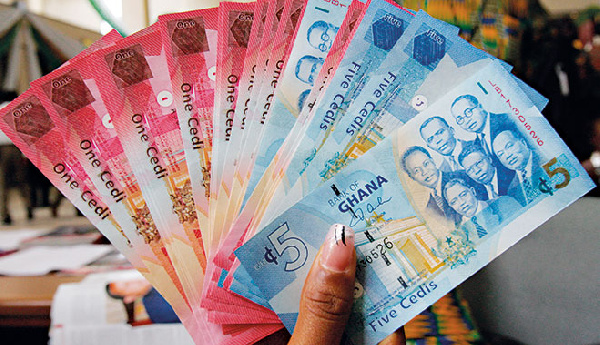The Ghana Revenue Authority (GRA) has projected a total tax revenue of GHS 455 million to be mobilized in 2023 from Sugar Sweetened Beverages (SSBs), alcohol, and tobacco.
This estimate comes in the wake of the implementation of the Excise Duty Amendment Tax, which has seen a 20% increase in taxes on alcoholic beverages, tobacco products, and SSBs.
The Excise Duty Amendment Tax applies to a range of goods, including processed fruit juice, cigars, mineral water, spirits, and wines, including sparkling wine.
With the aim of generating substantial revenue while discouraging excessive consumption, the Excise Duty Amendment Tax reflects the government’s commitment to addressing public health concerns through effective taxation. By increasing the financial burden on these products, the government hopes to make them less financially accessible, thus curbing consumption and reducing the associated health risks.
However, amidst these developments, Labram Musah, the Executive Director of Vision for Alternative Development (VALD) Ghana, has called for a more comprehensive approach to taxation on SSBs, alcohol, and tobacco.
Musah advocates for benchmarking taxes on these products to the prevailing headline inflation rate in the country. As of May 2023, Ghana’s headline inflation stands at a staggering 42.2%, according to the Ghana Statistical Service (GSS). Musah argues that adjusting taxes in line with inflation is vital in making SSBs, alcohol, and tobacco less affordable, thereby curbing consumption and improving public health outcomes.
In an exclusive interview with norvanreports on June 15, 2023, Musah proposed a taxation structure that includes an ad valorem tax of 50% or higher on tobacco, along with a specific tax of $0.02 cents.
By linking taxes on SSBs and alcohol to inflation and adopting a more robust taxation framework on tobacco, Musah believes that the increased financial burden will discourage consumption and contribute to better public health outcomes.
Speaking at the National Stakeholders Meeting on Health Taxes and Implementation of the Excise Duty Amendment Act 2023, Musah emphasized the need to align taxes on SSBs and alcohol with inflation rates.
He highlighted that this, in conjunction with the proposed tax structure on tobacco, will effectively limit the accessibility and availability of these products to Ghanaians. By raising prices, consumers will be dissuaded from excessive consumption, thereby reducing the associated health risks.
Furthermore, Musah urged the government to prioritize the allocation of a significant percentage of tax revenues generated from SSBs, alcohol, and tobacco to support healthcare delivery in the country.
This allocation would be crucial in addressing the broader health implications and associated costs resulting from the consumption of these products.
By investing in healthcare infrastructure, prevention programs, and public awareness campaigns, the government can ensure the well-being of Ghanaian citizens.
The implementation of Musah’s proposed taxation approach would likely lead to significant changes in consumer behavior and have far-reaching implications for public health outcomes in Ghana.
Stakeholders across various industries, public health advocates, and the general public are eagerly awaiting the government’s response to these recommendations.
Striking a balance between revenue generation and health promotion will play a pivotal role in shaping the future landscape of taxation policies on SSBs, alcohol, and tobacco in Ghana, setting an important precedent for other nations grappling with similar challenges.
Norvareports





